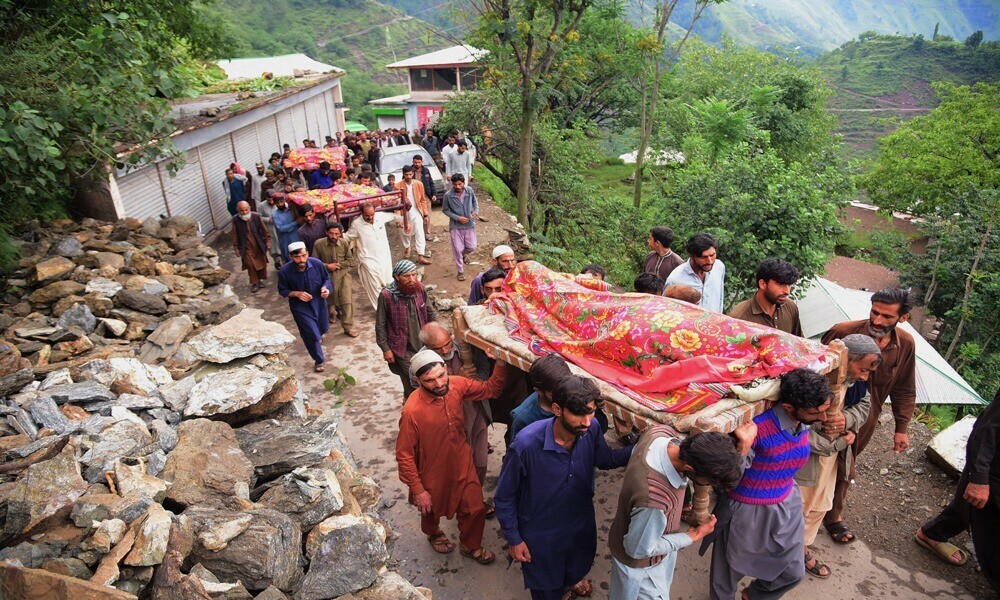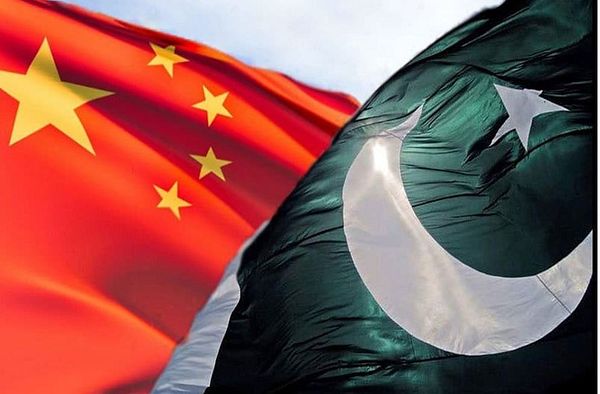Amid a prevailing culture of strikes within the legal community, which purportedly disrupts judicial functions and creates conflicts between bar associations and the judiciary, Lahore High Court (LHC) Chief Justice Malik Shahzad Khan delivered a significant address. His remarks were made during the closing ceremony of a pre-service training course for newly appointed district judiciary judges, against the backdrop of a prolonged strike in Lahore. The strike was sparked by the ‘unilateral’ decision of the LHC Chief Justice to relocate courts from Lower Mall to Model Town, which led to considerable disruptions in the legal process.
The recent strike resulted in the closure of the case filing branch at the civil court for an extensive 73 days. This shutdown caused substantial inconvenience to litigants and lawyers, highlighting the adverse effects of such disruptions on the judicial system. The strikes also escalated into protests against the Chief Justice, culminating in clashes with the police and prompting a nationwide strike by the legal community.
Chief Justice Khan expressed his stance clearly: “We do not want to have conflicts with any bar, any institution, or any government,” emphasizing that institutional conflicts weaken the judicial system. He used the metaphor “it takes two hands to clap” to illustrate the necessity of mutual respect between the bench and the bar. He asserted that respect for the courts is essential, and if it is lacking, the judiciary would respond accordingly within the bounds of the law.
The LHC Chief Justice highlighted the alarming number of pending cases in the district judiciary, amounting to approximately 1.4 million. He identified the culture of strikes as a major contributing factor to these delays. The recent 73-day shutdown in Lahore courts imposed a state of disorder, denying the public their right to access justice. Despite this, he acknowledged that over 90 percent of lawyers are professional and supportive of efforts to end the strike culture.
Chief Justice Khan commended the Chief Justice of Pakistan Qazi Faez Isa and other Supreme Court judges for their significant role in combating the strike culture. Despite calls for strikes, these judges continued to hear cases, setting an example of commitment to their constitutional responsibilities. However, he pointed out that the district judiciary is still short of 800 judges, exacerbating the challenges faced by the legal system.
Addressing the newly appointed judges, Chief Justice Khan advised them to maintain their independence and not become subservient to the government, any agency, or any other institution. He emphasized the divine nature of administering justice, stating, “A judge is chosen by Allah and a judge is fearless, free from greed, brave, and wise.” He reminded them that their role is to serve justice, particularly for the oppressed who rely on the judicial system, unlike the powerful who can assert their rights by force.




